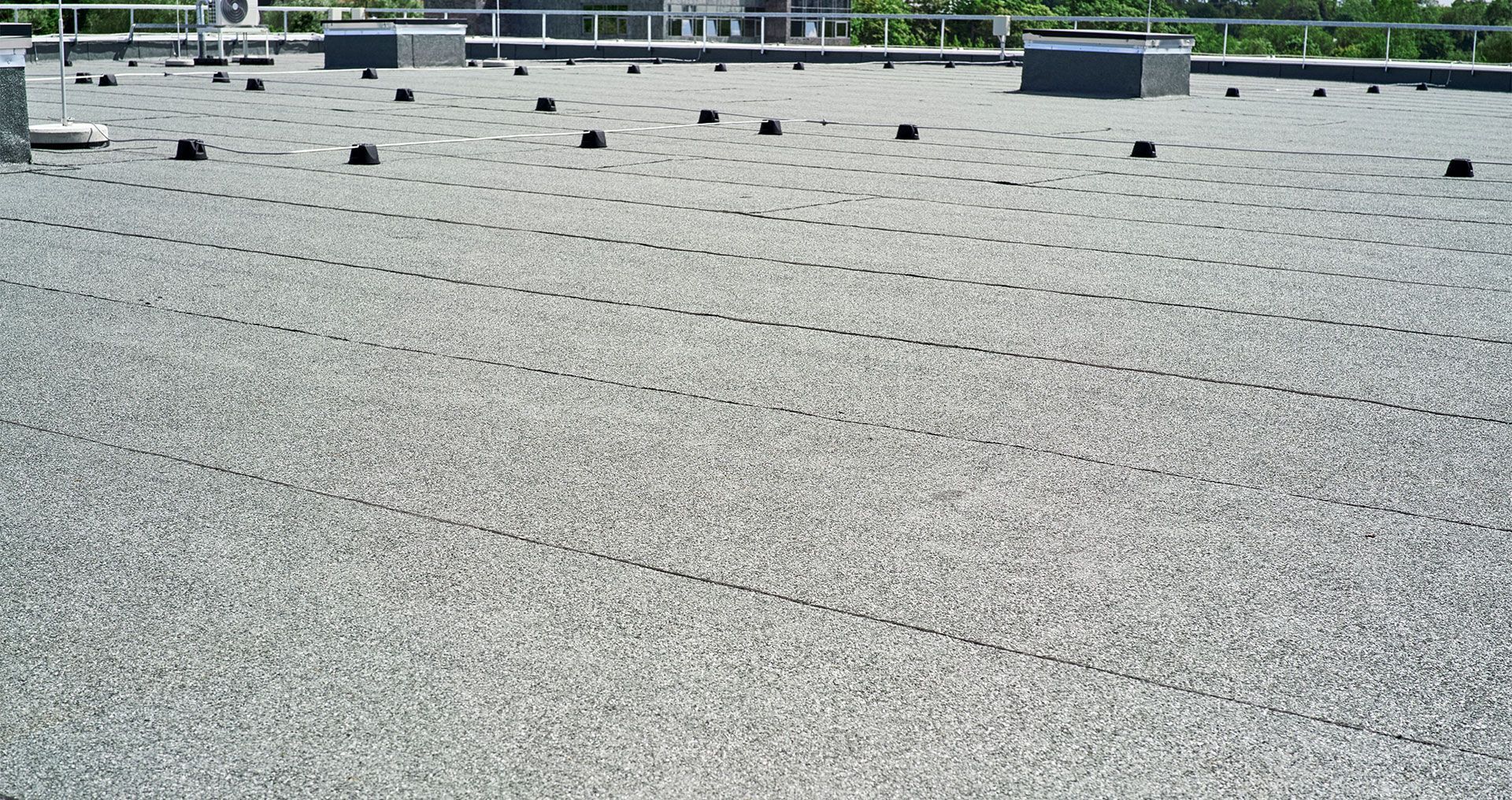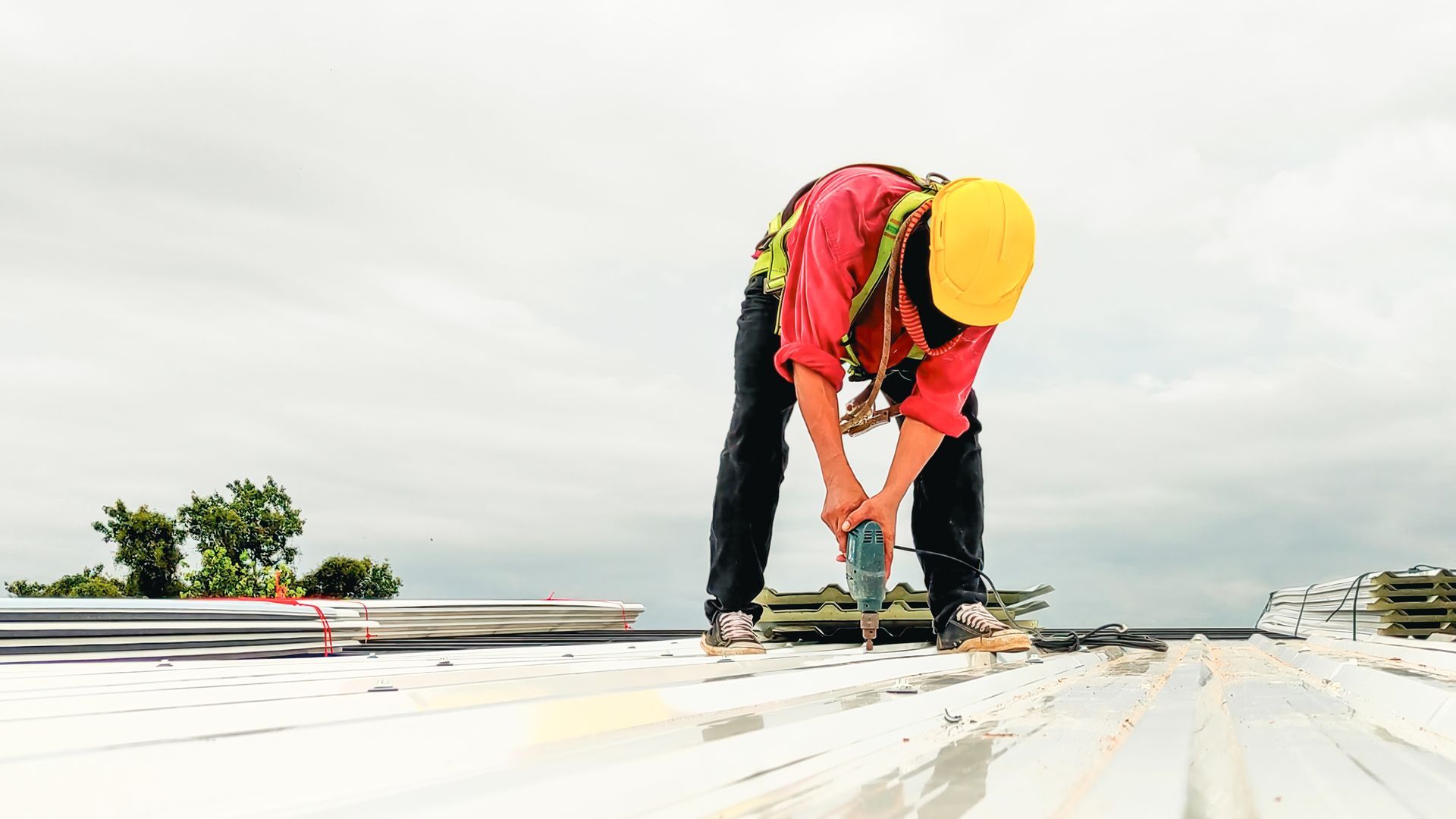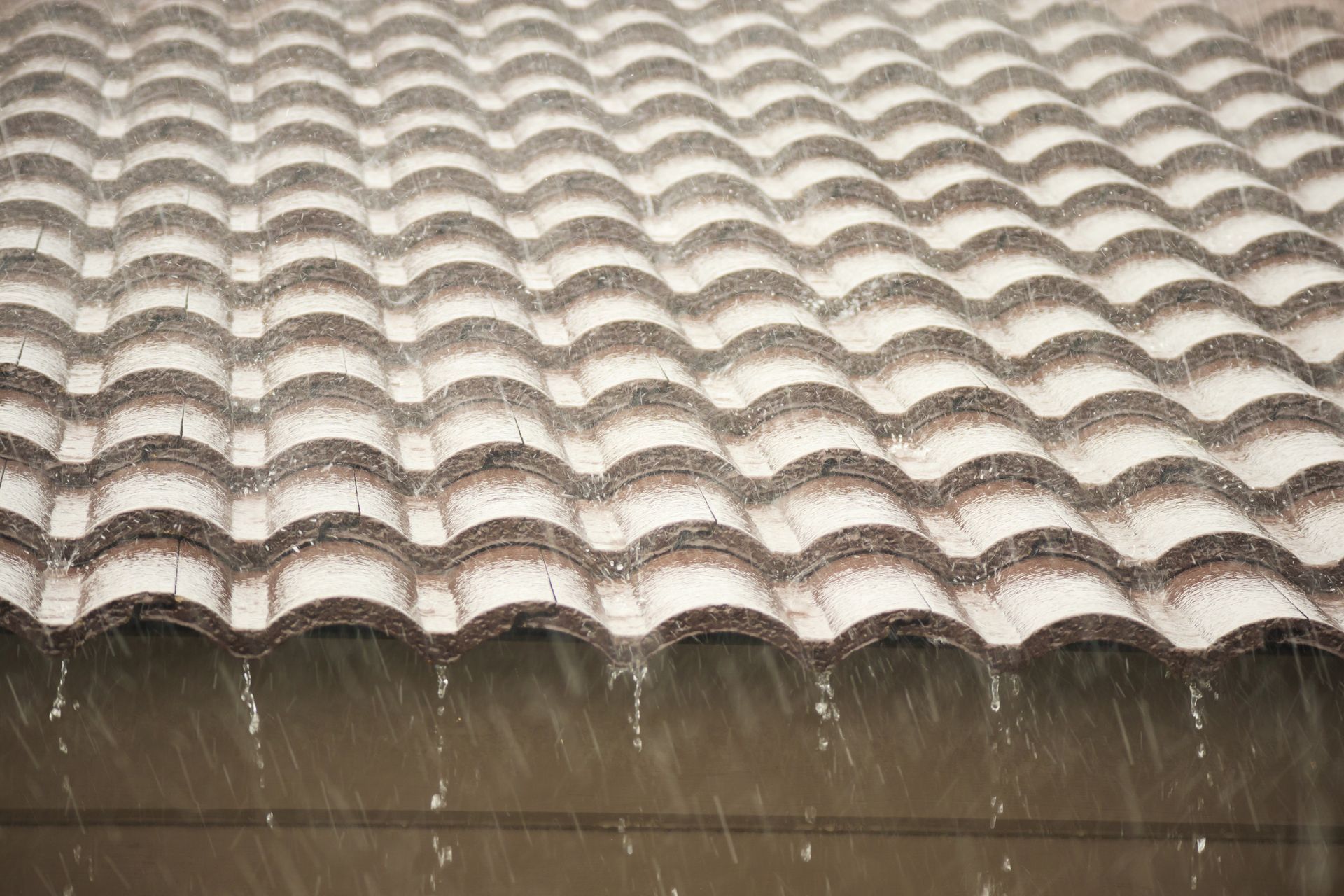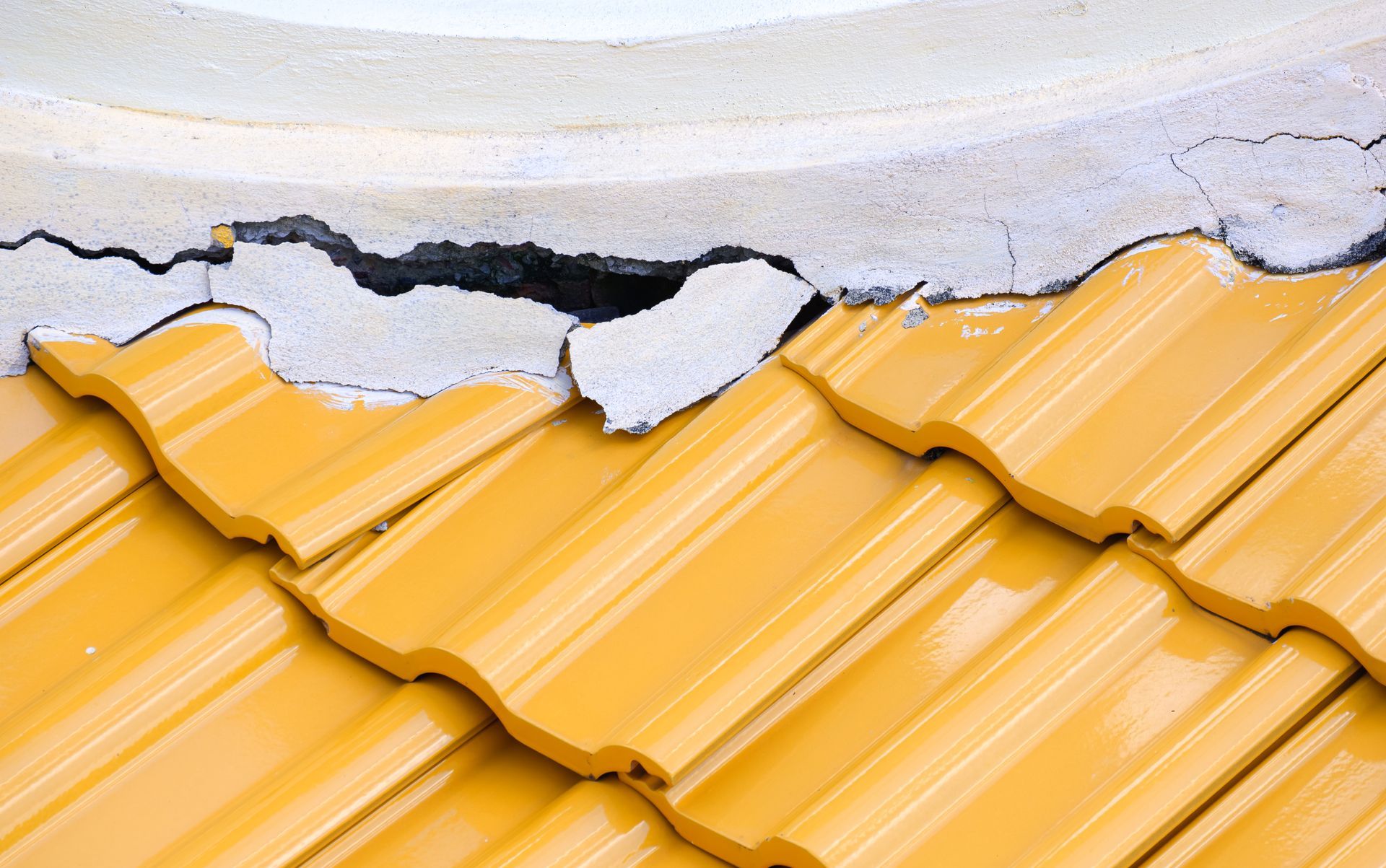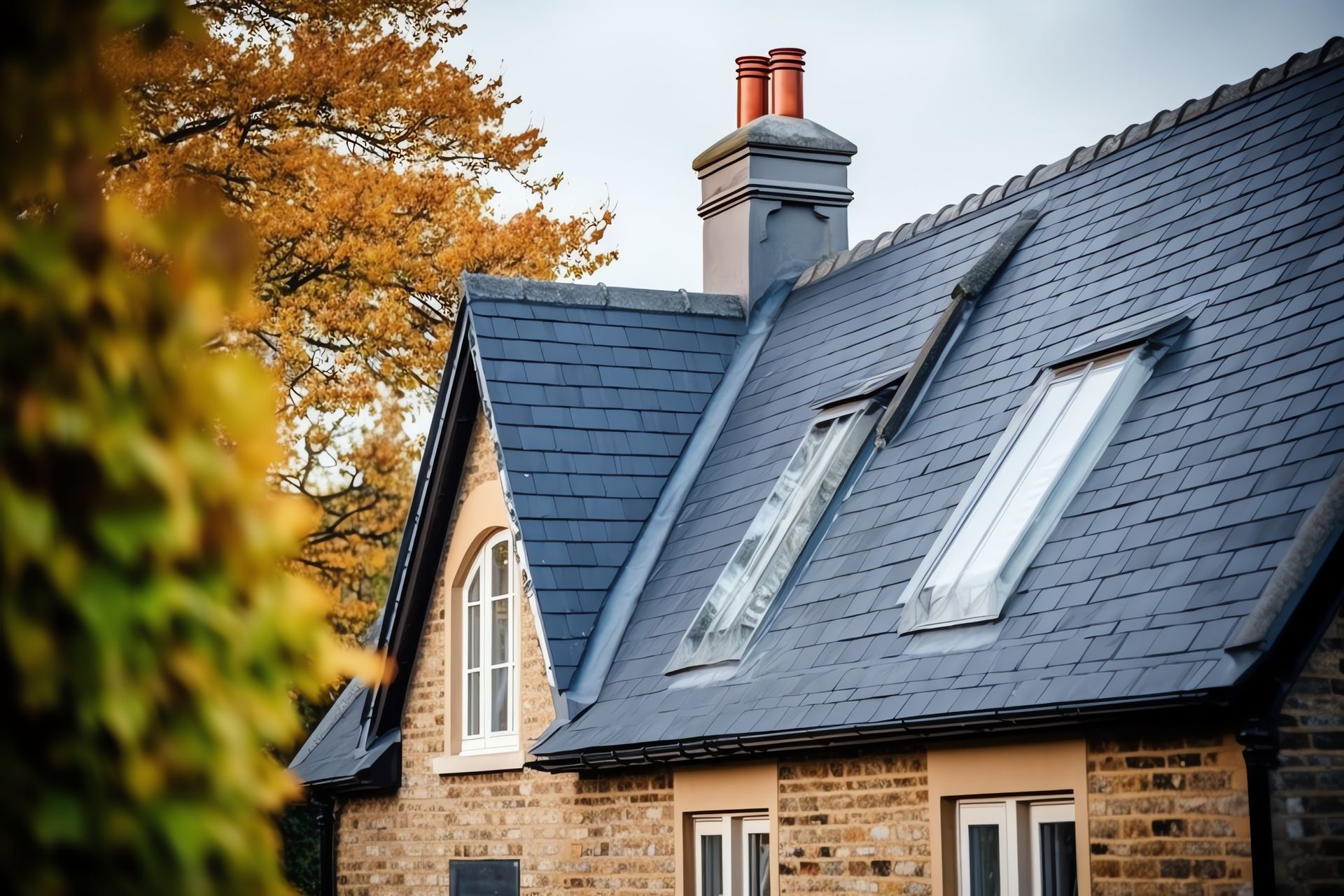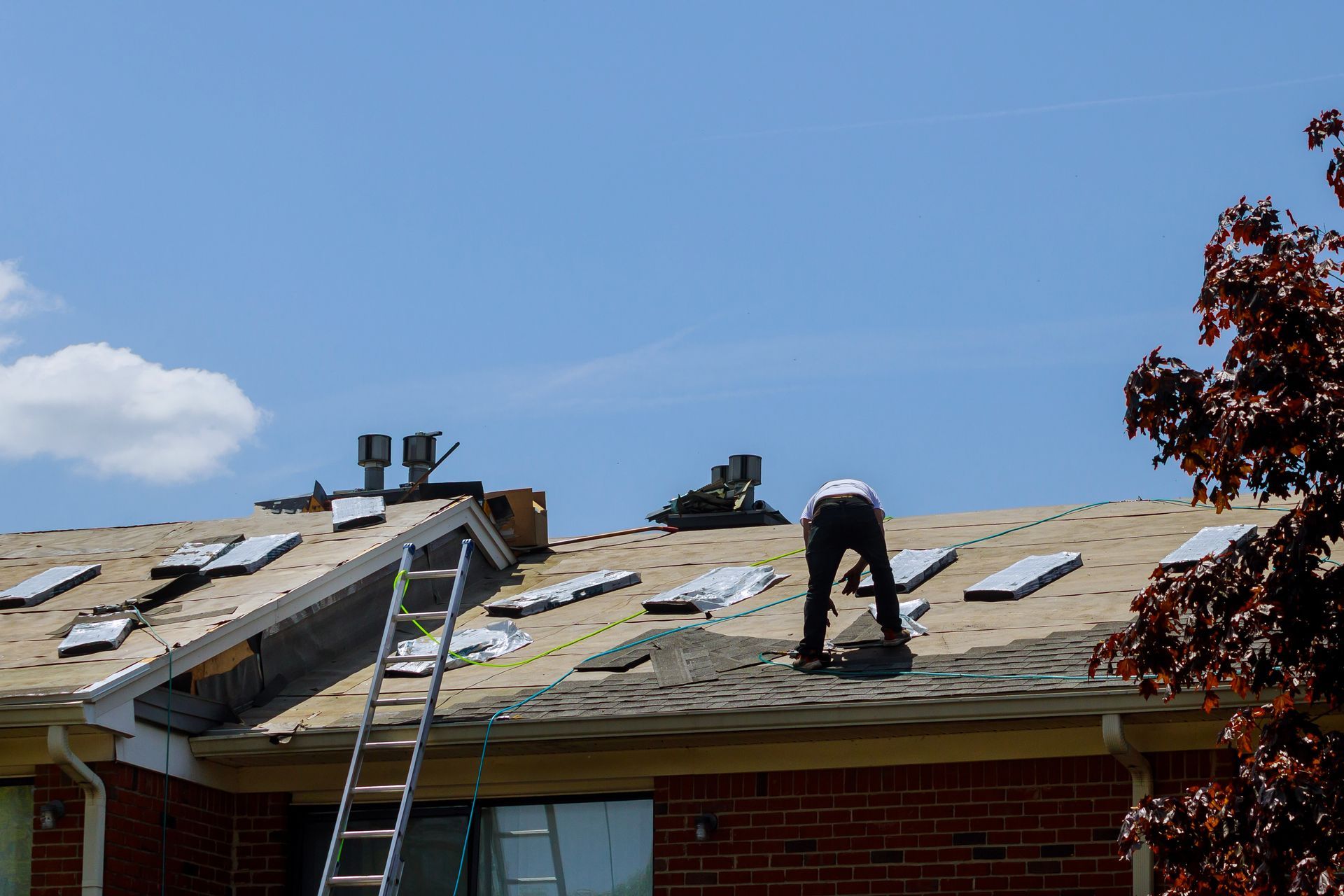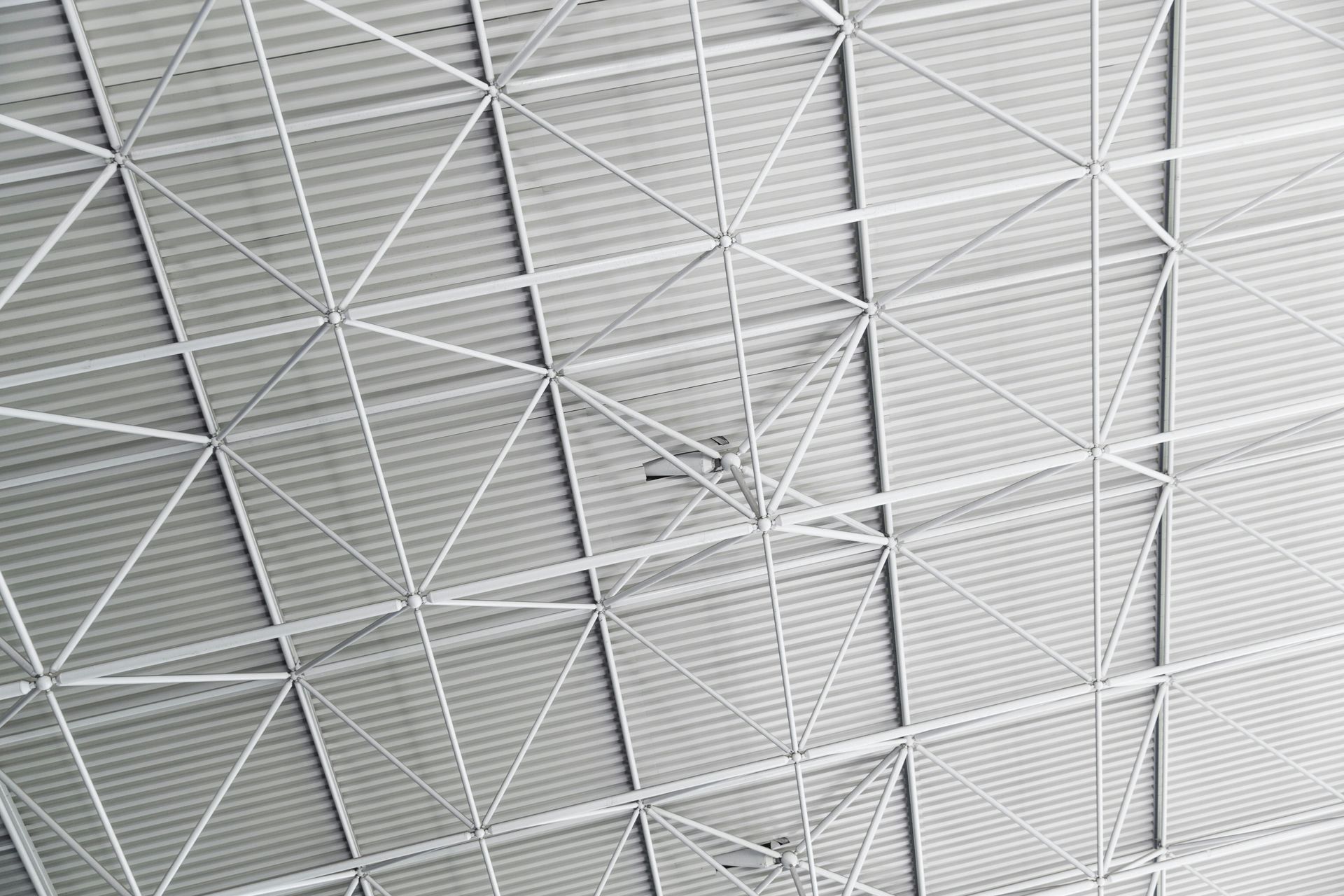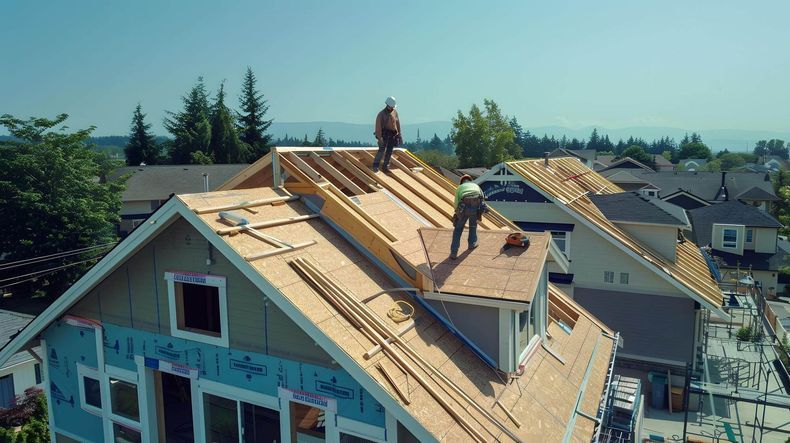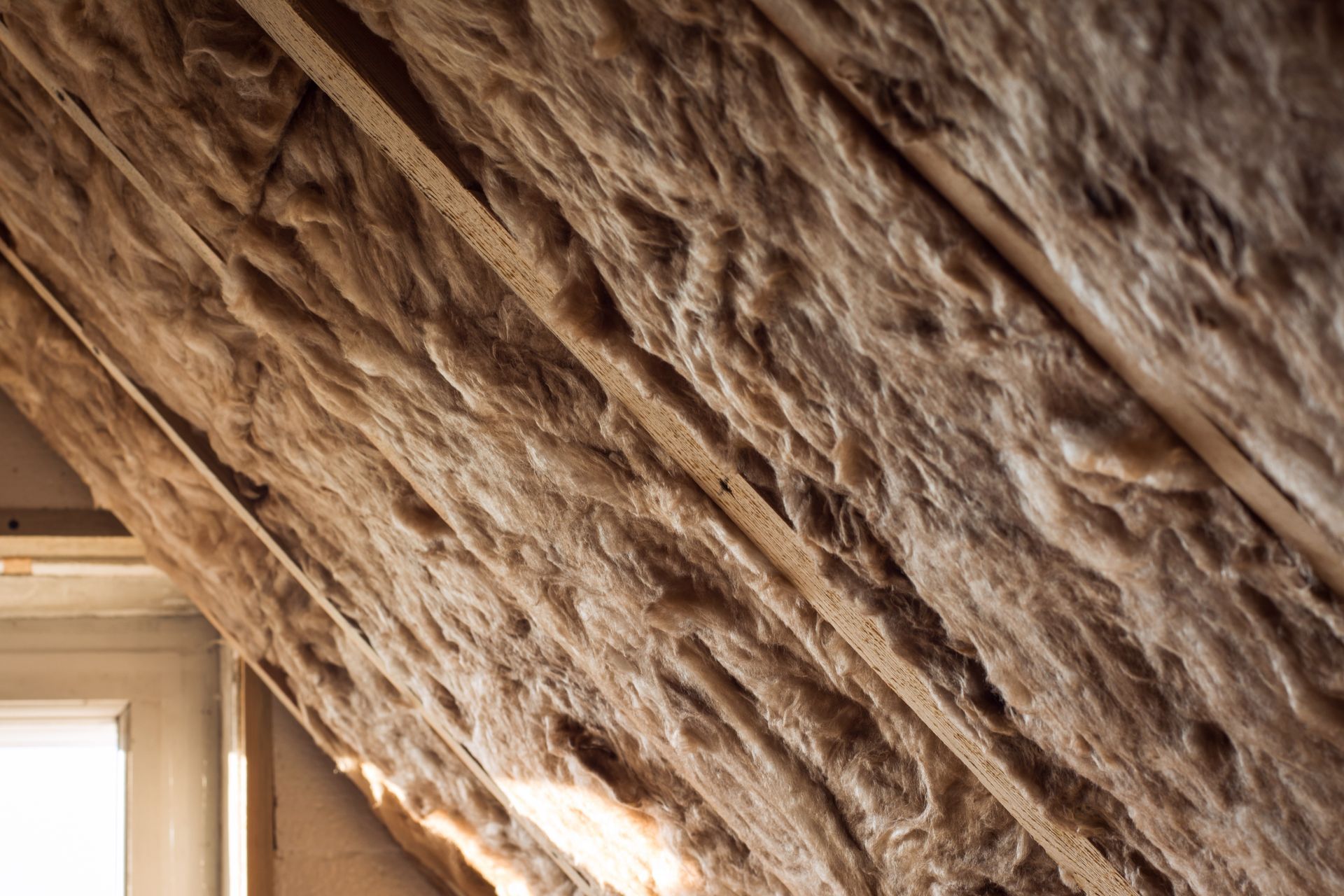What Should I Do if I Notice Curling or Buckling Shingles?
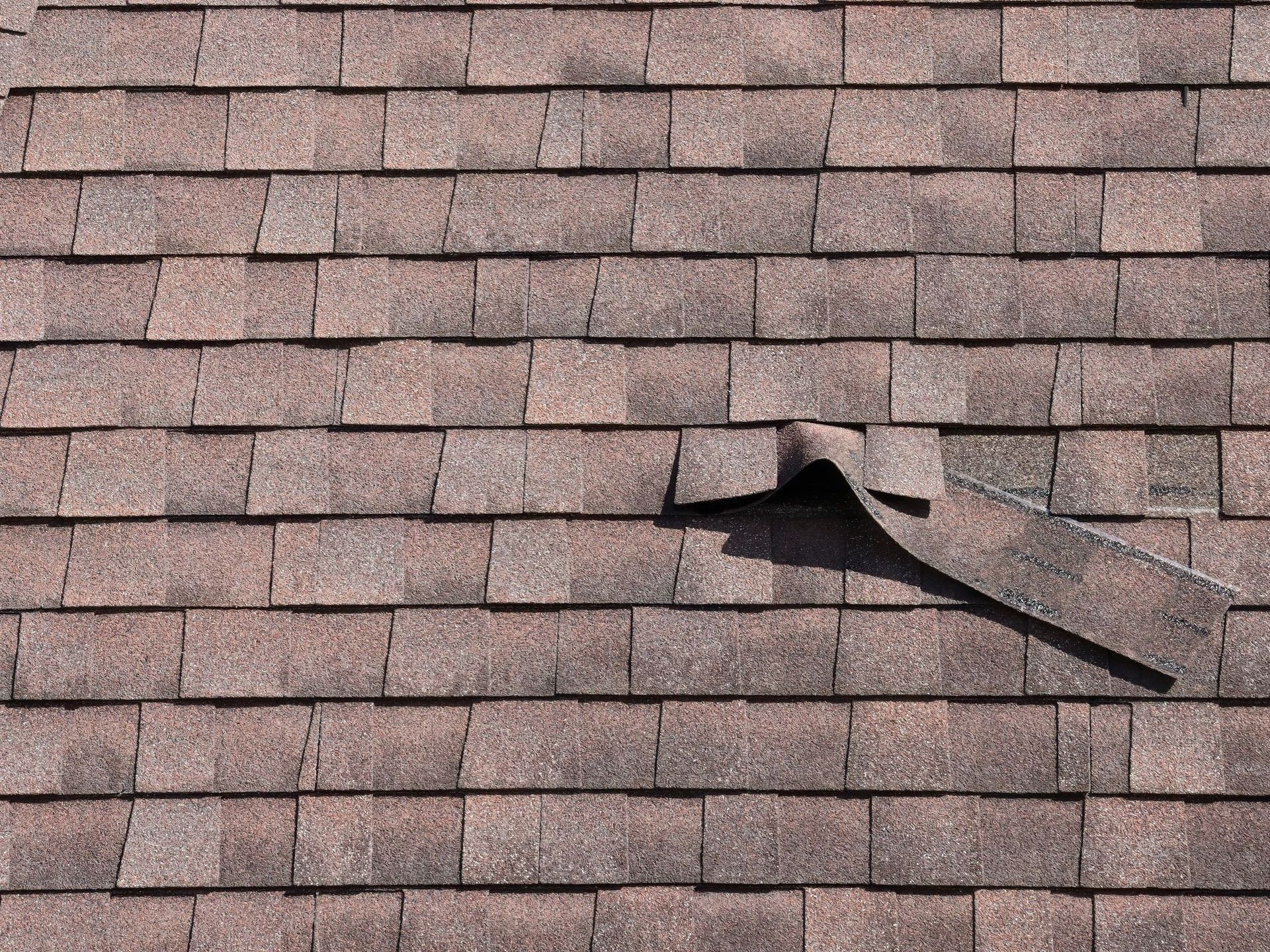
When it comes to your home, your roof is its first line of defense against the elements. Curling or buckling shingles can be a sign of trouble and may lead to more significant issues if left unchecked. Whether it’s the changing seasons or just good old wear and tear, knowing how to respond when you spot these warning signs can save you a lot of headaches—and money!
In this blog post, we’ll explore what causes curling and buckling shingles, how to address the issue, and when to call in the pros. So grab your favorite drink, sit back, and let's dive into the world of shingle roofing!
Understanding Curling and Buckling Shingles: What You Need to Know
Curling shingles are those that bend upwards at the edges, creating a bowl-like appearance, while buckling shingles can look like they are lifting or warping in the middle. Both conditions are telltale signs that something is amiss with your roof. Let’s unpack some common causes and how to identify these pesky problems.
Causes of Curling and Buckling Shingles
- Poor Installation: Sometimes, the simplest problems arise from improper installation. If shingles are laid too tightly, they can buckle as they expand with heat.
- Age: Like us, roofs don’t age gracefully. Asphalt shingles typically last 20-30 years, but after that, they might start curling or buckling as the materials degrade.
- Moisture Issues: Shingles can curl if they’re exposed to excess moisture or if there’s poor attic ventilation. Inadequate airflow can lead to high humidity, causing shingles to lose their structural integrity.
- Temperature Changes: Fluctuations in temperature can make shingles expand and contract, leading to curling or buckling.
- High Winds: Strong winds can lift shingles, making them susceptible to curling or buckling.
Understanding these causes can help you assess the health of your roof more effectively. Regular inspections and maintenance can go a long way in preventing these issues.
How to Identify Curling and Buckling Shingles Early
Proactive inspection is crucial in roofing maintenance. Curling and buckling shingles can often be spotted from the ground, but a closer inspection can reveal more about their condition. Here’s how to spot these problems before they escalate:
What to Look For
- Visual Inspection: Use binoculars or a camera with a zoom lens to inspect your roof from a distance. Look for:
- Shingles that appear warped or raised.
- Curled edges or a “wavy” appearance.
- Missing or broken shingles.
- Check for Granule Loss: If you notice a significant amount of granules in your gutters or on the ground, it could indicate that your shingles are aging and losing their protective layer.
- Look for Water Stains: Inside your home, check your ceilings and walls for water stains. If you find any, it could be a sign of roof leaks caused by compromised shingles.
When to Perform Inspections
- Seasonally: Aim for inspections at the start of spring and fall. This will help you catch any damage before it can worsen.
- After Major Weather Events: Inspect your roof after storms, heavy rains, or significant wind events. Nature has a way of testing your roof’s strength!
If you spot curling or buckling shingles during your inspections, don’t panic! There are steps you can take to address the issue, which we’ll explore next.
What to Do If You Notice Curling or Buckling Shingles
So, you’ve climbed up (or maybe just peeked) and spotted those rebellious shingles. What now? Here’s a roadmap to help you address the situation:
DIY Remedies for Curling Shingles
If you're feeling a bit adventurous, you might consider tackling some minor issues yourself. Here are a few steps you can take:
- Re-adhere Loose Shingles: If the edges of your curling shingles are lifting, you can apply roofing adhesive or a quality sealant to hold them down. Ensure the area is clean and dry before applying.
- Replace Missing Shingles: If you notice that some shingles are completely missing, replace them promptly. Having spare shingles from the original installation can come in handy.
- Improve Ventilation: If moisture seems to be the issue, consider installing or adjusting attic vents. A well-ventilated attic can reduce humidity and prolong your roof's life.
When to Call the Pros
If the damage is extensive, or if you’re not comfortable climbing on your roof, it’s best to call in a professional. Here’s when to consider hiring a roofing contractor:
- Multiple Shingles are Affected: If you notice widespread curling or buckling, it could indicate a more significant problem that requires professional assessment.
- Leaks are Present: If you've identified water stains inside your home, it's time to call in the experts to assess the roof and identify any leaks.
- Age of the Roof: If your roof is approaching or beyond its expected lifespan, a professional evaluation can help determine if replacement is necessary.
Remember, while DIY fixes can help in a pinch, there’s no substitute for professional expertise when it comes to your roof!
Preventing Curling and Buckling Shingles: Tips for Homeowners
Prevention is better than cure—especially when it comes to your roof! Here are some strategies to keep your shingles in top shape:
Regular Maintenance
- Routine Inspections: As mentioned, inspect your roof at least twice a year. Keep an eye out for signs of curling or buckling and address them promptly.
- Clean Your Gutters: Clogged gutters can cause water to back up and affect your roof. Clean them regularly to prevent overflow.
- Trim Overhanging Branches: If tree branches hang over your roof, they can scratch and damage shingles. Trim them back to avoid potential damage.
Upgrade Options
- Consider Quality Materials: When it’s time to replace your roof, consider investing in high-quality shingles that are more resilient to weather changes.
- Install a Good Ventilation System: Proper attic ventilation can help regulate temperature and moisture levels, which can prevent curling and buckling.
Humor Break
While you may feel like a roof detective, always remember: if you spot curling shingles, it doesn’t mean your roof is auditioning for a role in a horror movie! It just means it needs a little TLC.
When to Contact Jordan Roofing, Inc. for Professional Shingle Roofing Services in Holt, MI
If you’ve noticed curling or buckling shingles and feel overwhelmed, don’t hesitate to reach out for professional help! At Jordan Roofing, Inc., we understand that your roof is one of your home’s most critical components, and we’re here to ensure it stays in prime condition. With our expert team, we provide comprehensive shingle roofing solutions for both residential and commercial buildings in Holt, MI, and the surrounding areas.
Our services include
roofing repairs,
flat roofing, and
insulation services, all aimed at keeping your home safe and comfortable. Don’t let curling or buckling shingles disrupt your peace of mind—contact us today at
(517) 694-1999! We’ll work with you to assess your roofing needs and provide the best solutions tailored just for you.
FAQs
What causes shingles to curl or buckle?
Curling and buckling can result from poor installation, moisture issues, age, temperature changes, or high winds.
Can I fix curling shingles myself?
Yes, minor issues can be addressed with roofing adhesive or by replacing missing shingles. However, extensive damage should be assessed by a professional.
How often should I inspect my roof?
Aim for seasonal inspections—spring and fall—and after significant weather events to catch any potential problems early.
When should I consider replacing my roof?
If you have extensive curling or buckling shingles, water leaks, or if your roof is nearing the end of its expected lifespan, it’s time to consider replacement.
How can I prevent curling or buckling shingles?
Regular maintenance, including inspections, cleaning gutters, and ensuring proper ventilation, can help prevent these issues.
